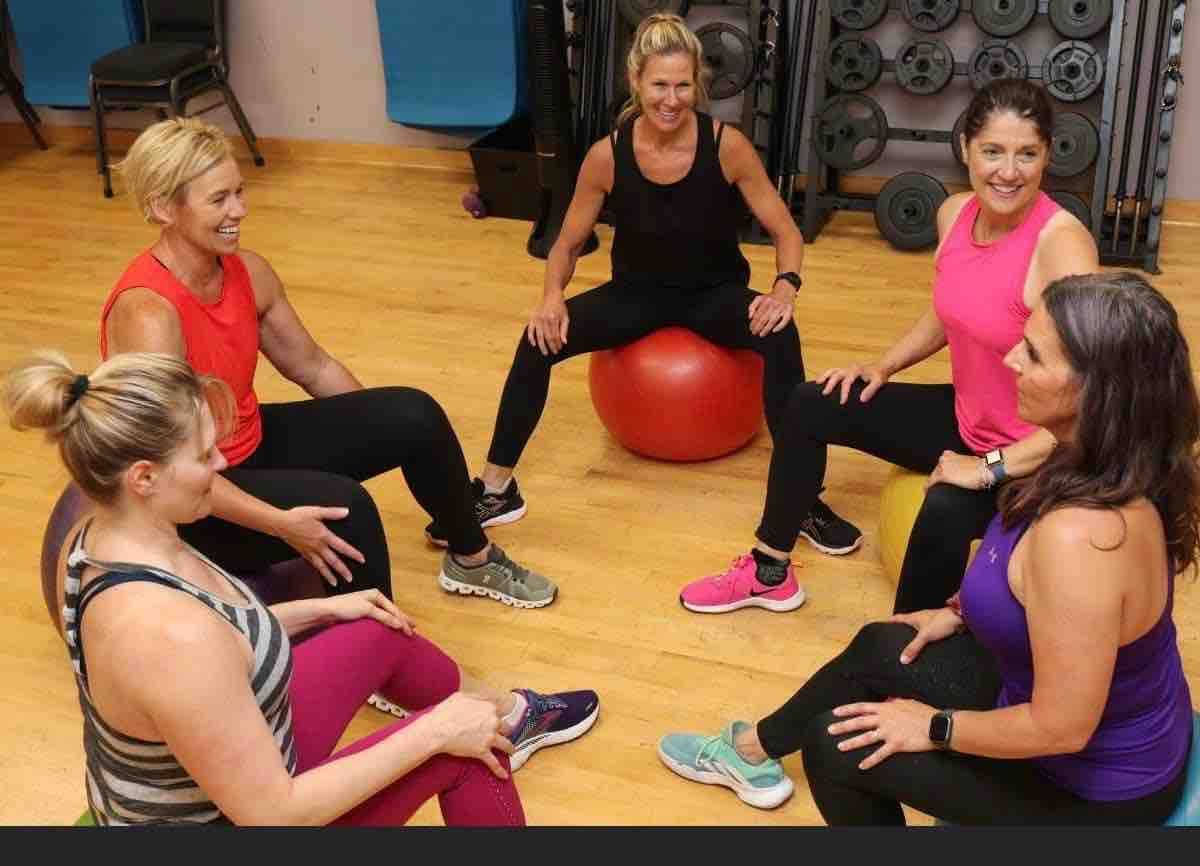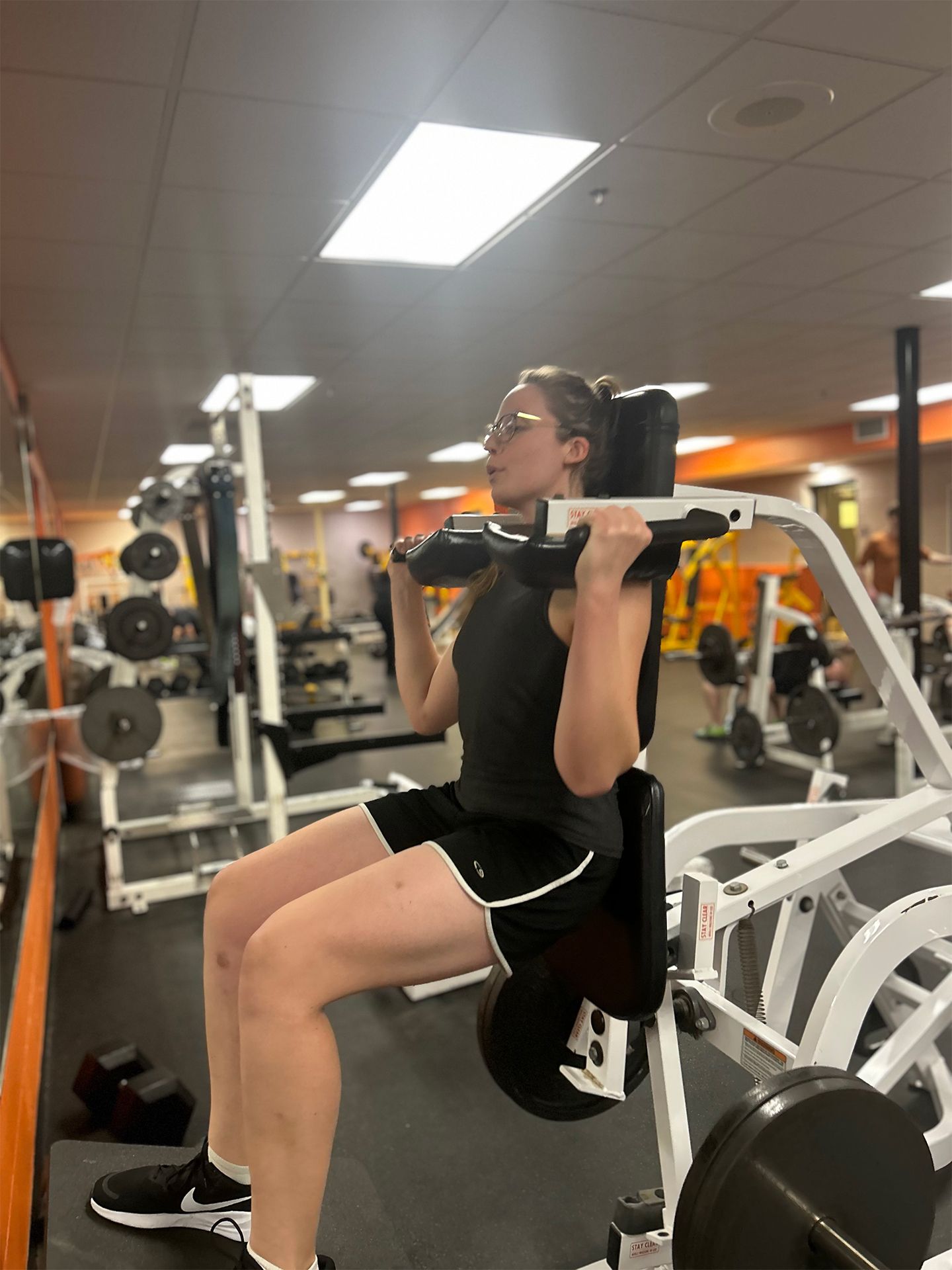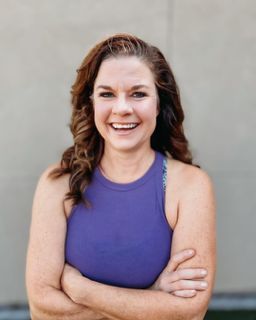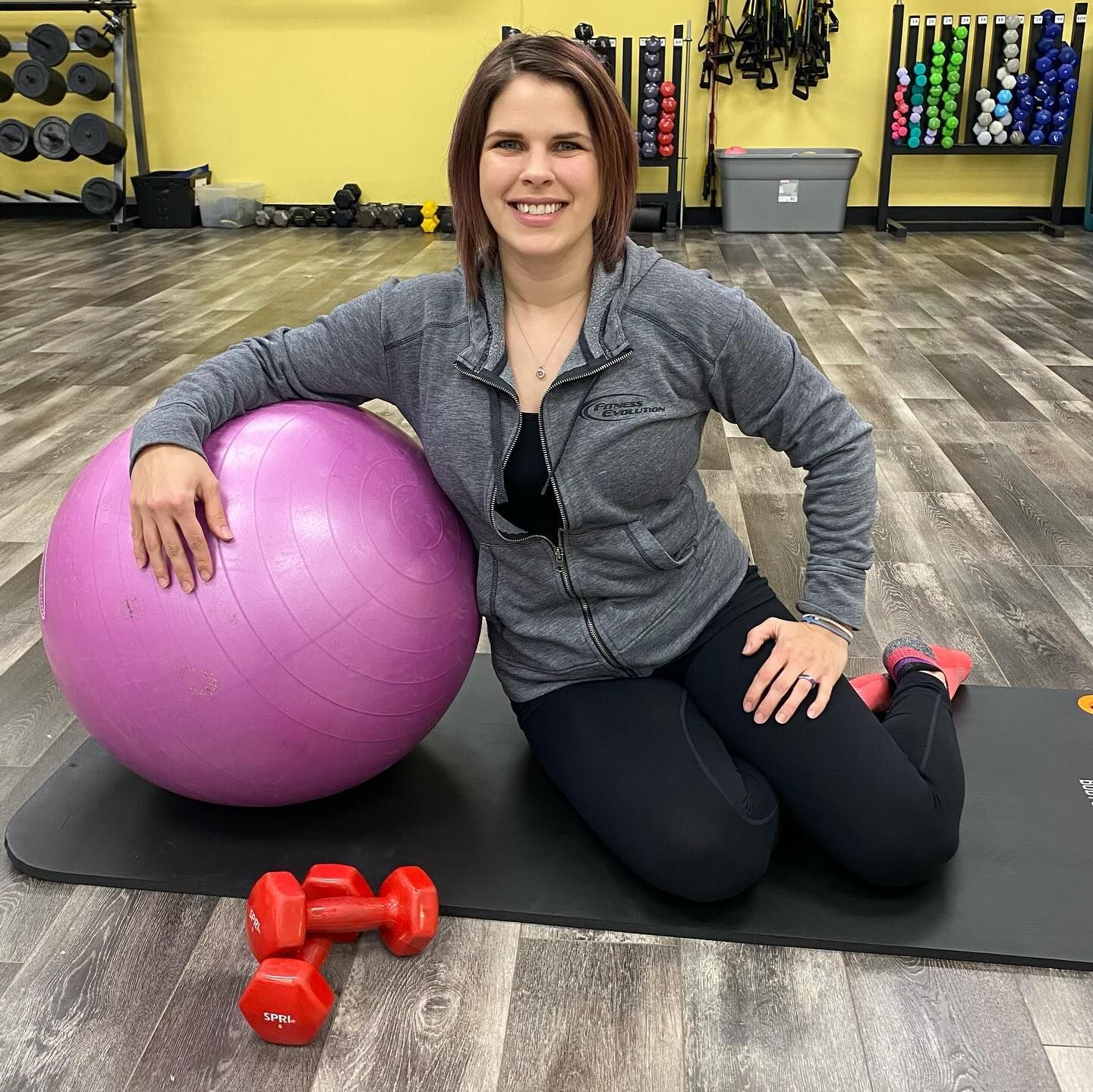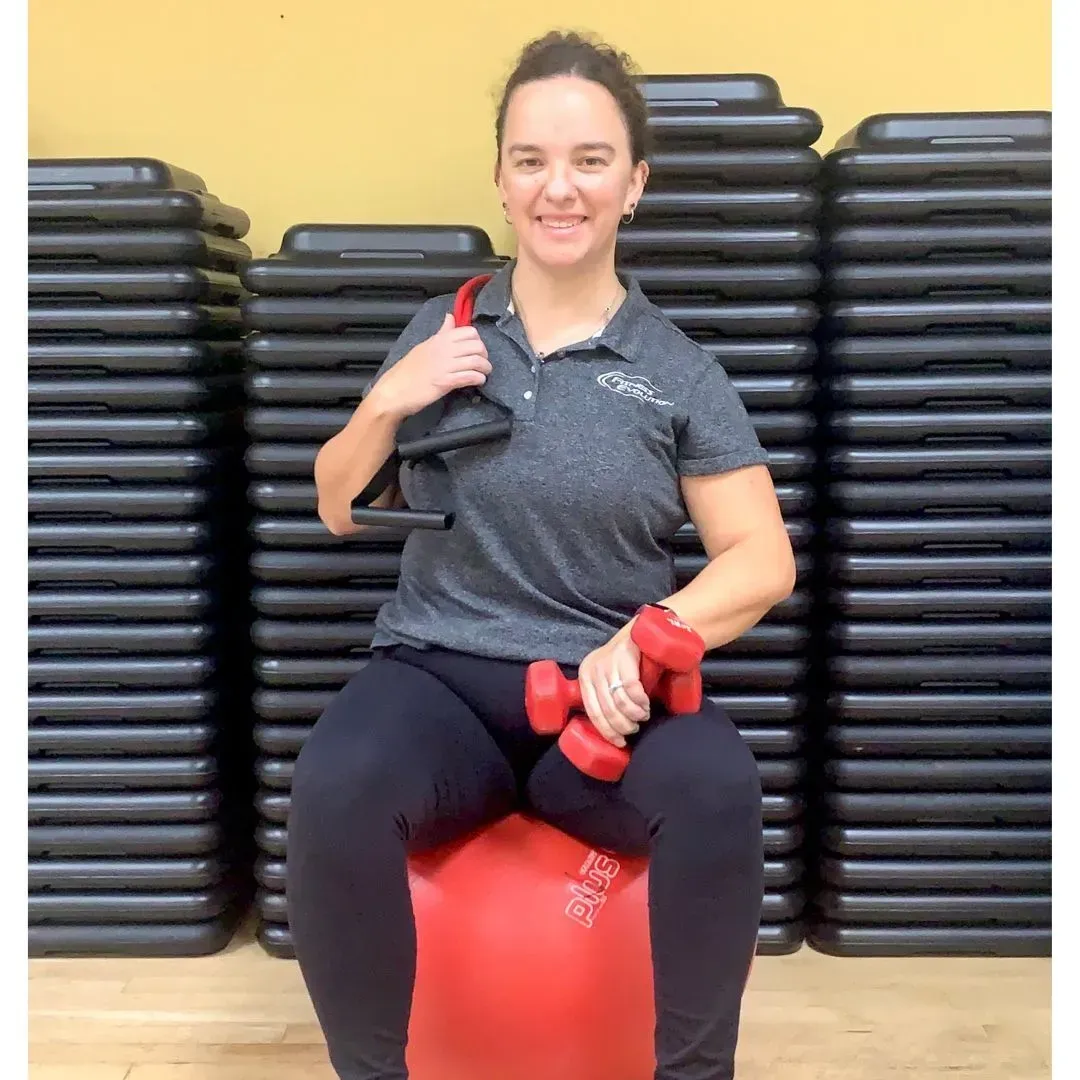Building Strong Futures: Fighting Childhood Obesity at Fitness Evolution
Childhood obesity is one of the most serious public health challenges of the 21st century. According to the American Council on Exercise (ACE), nearly 1 in 5 children (19.7%) in the U.S. are classified as obese, a number that has tripled over the last 40 years. The consequences aren't just about physical appearance — they impact a child’s entire future, increasing the risk for conditions like diabetes, heart disease, and mental health issues.
At Fitness Evolution, we believe every child, teen and young adult deserves a strong, healthy start. Understanding the problem is the first step toward creating solutions that work.
Top 5 Issues Behind Childhood Obesity
- Poor Nutrition
Kids are consuming more processed foods, sugary drinks, and fast food than ever before. Busy family schedules, marketing tactics, and a lack of nutrition education contribute heavily to poor food choices. - Lack of Physical Activity
Studies show children spend over 7 hours a day on screens (phones, tablets, computers, TV) and less than 1 hour moving. Sedentary behavior has replaced active playtime. - Emotional Stress
Anxiety, depression, and family stress can lead to emotional eating at a young age. Food often becomes a coping mechanism, creating unhealthy patterns that are hard to break later in life. (During CoVId, emotional stress went up 40%) - Limited Access to Healthy Foods
In many communities, access to affordable fruits, vegetables, and whole foods is limited. Convenience stores and fast food chains often outnumber grocery stores, making healthy eating a challenge. - Reduced Physical Education in Schools
Schools have cut back on PE classes and recess time to prioritize academics. Kids are missing critical opportunities during the day to move their bodies and develop a love for exercise. ( Since CoVid, it has started to become more of a priority)
5 Solutions to Combat Childhood Obesity
- Encourage 60 Minutes of Daily Activity
Movement doesn’t have to mean structured exercise. Dancing, biking, playing tag, walking the dog — it all counts toward the daily goal of 60 minutes of moderate to vigorous activity. - Focus on Real Foods
Encourage kids to "eat the rainbow" — a variety of colorful fruits and vegetables every day. Cutting down on processed foods and sugar is key to better health. - Prioritize Sleep
Lack of sleep increases cravings for unhealthy foods and lowers physical energy. Children need 9–12 hours of sleep depending on their age to stay healthy and focused. - Involve the Whole Family
When families move together, eat together, and make health a shared goal, all youth are much more likely to stick with healthy habits. Set family challenges like "Who can eat the most veggies today?" to make it fun! - Educate Early
Teaching kids why health matters — not just what to do — empowers them to make good choices even when adults aren’t around. Simple lessons on how food fuels the body or how exercise strengthens the heart make a big impact.
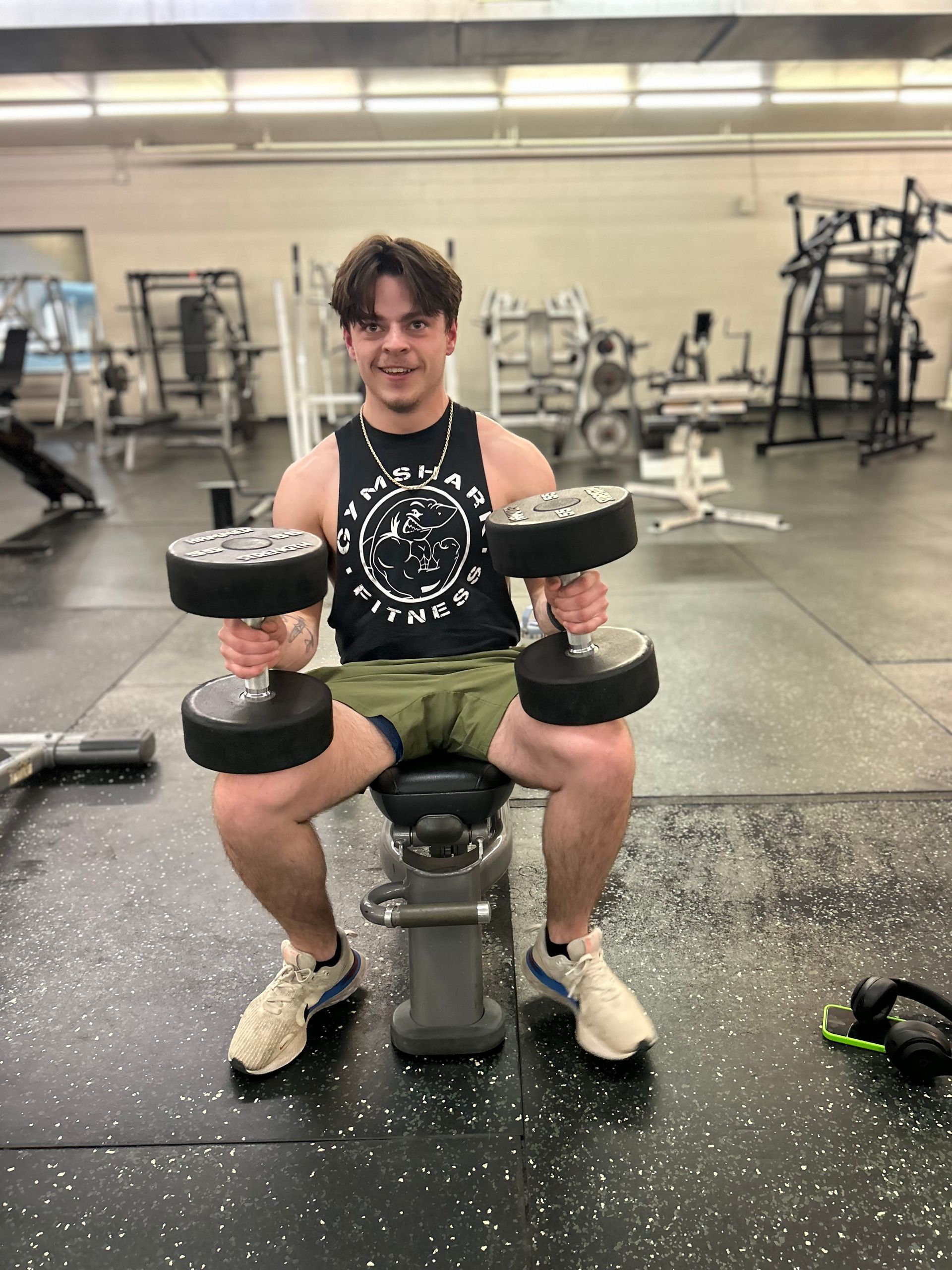
How to Take Action
We’re proud to be part of the solution in our community. We’re creating a space where youth feel welcomed, supported, and excited to get healthy
- Mentors are Examples
We believe strong communities build strong kids. That's why we’re inviting our long time gym goers to show up as examples and befriend to our youth. We as seasoned lifters offer leadership, encouragement, and life wisdom that can inspire young adults to push through challenges, build resilience, and feel a sense of belonging. - Creating a Positive, Supportive Community
Our gym is a safe, welcoming space where all can grow stronger physically and mentally. Staff and trainers provide positive reinforcement, helping every youth being valued.
Together, We Can Build a Healthier Future
We know it takes a village to raise strong, healthy young adults. By combining fitness opportunities, supportive mentors, family involvement, and health education, we are taking steps toward ending childhood obesity in our community.
Sources:
- American Council on Exercise (ACE)
- International Sports Sciences Association (ISSA)
- National Academy of Sports Medicine (NASM)
